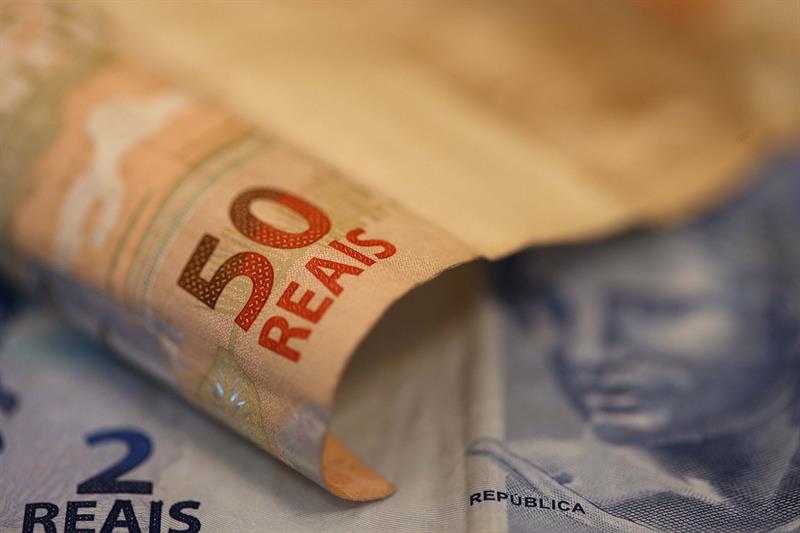Rio de Janeiro, Nov 21 (EFE) .- The Brazilian government spends more than it can, in addition to ineffective, because the expenses do not fully meet its objectives, and, in many cases, are unfair because they benefit the rich to the detriment of the poorest, according to a report presented today by the World Bank.
"A fair adjustment: An analysis of the efficiency and equity of spending public in Brazil ", the name of the report, points out that the increase in public spending in the last 20 years is putting the fiscal sustainability of the country at risk, since the deficit reaches 8% of GDP, and debt jumped from 51.5% in 2012 to 73% this year.
The World Bank indicates that the Brazilian government will have to face "hard choices" to adjust accounts, with the danger of "plunging back into the spiral of inflation and low growth".
In this sense, he points out that it will be necessary to reduce expenses by 0.6% in proportion to the GDP of the country every year, as well as cutting the spending of the States and municipalities by 1.29%.
The document, which brings a broad x-ray of government spending and social programs, It suggests to the country a set of measures that could alleviate the pressure on the federal budget in the equivalent of 7.07% of GDP by 2026.
The World Bank notes in its study that "Social security is the engine of fiscal imbalance" and that its reform will be the measure with the greatest impact for the Brazilian economy.
If the current situation continues in thirteen years, the payment of pensions and pensions will exhaust the limit of the federal government's spending ceiling and there will be no money for salaries, maintenance of schools and hospitals, or for investments, of This way in 2080, social security spending will correspond to 150% of the national GDP.
In addition, the report indicates that Brazilian social security is an unfair system, because the 35 % of the security subsidies benefit the richest 20% of the country, while 18% goes to the 40% of the poorest sector of the population.
The World Bank is limited in its In the diagnosis, government programs benefit the rich rather than the poor, and that despite the high volume of public spending, fiscal policy has had little success in reduction of inequality and poverty.
The study was commissioned by the Brazilian government itself, which tries to interrupt the trend of increasing its expenses and guarantee the compliance with the recently approved spending ceiling, in the middle of the political framework of the country that expects a general election in 2018.


Comments 0